
Russia faces record 2.6 million worker shortage amid war recruitment
The deepening labor shortage reflects growing strain on Russia's workforce as the Kremlin aggressively recruits men for its war against Ukraine.

The deepening labor shortage reflects growing strain on Russia's workforce as the Kremlin aggressively recruits men for its war against Ukraine.
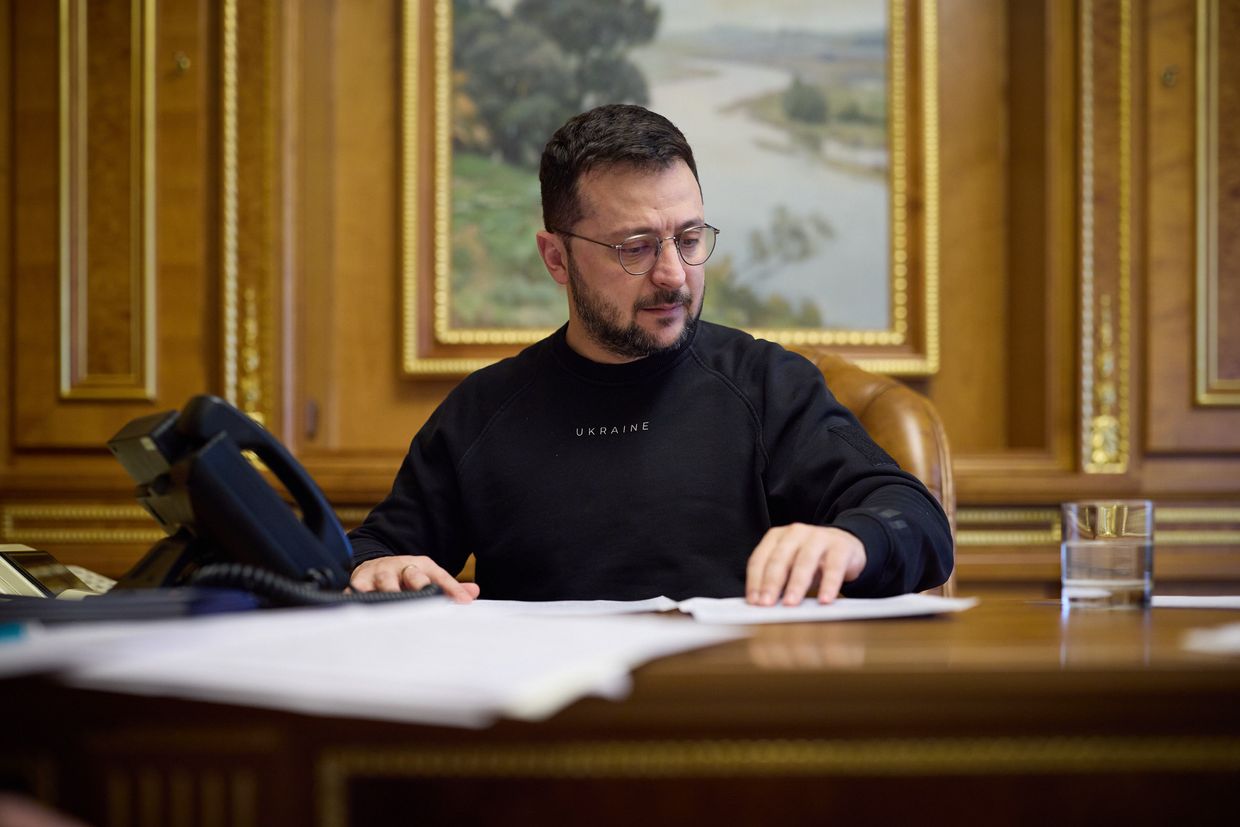
According to the Verkhovna Rada's website, Ukraine completed the ratification of the U.S.-Ukraine minerals agreement on May 12. President Volodymyr Zelensky signed the deal.
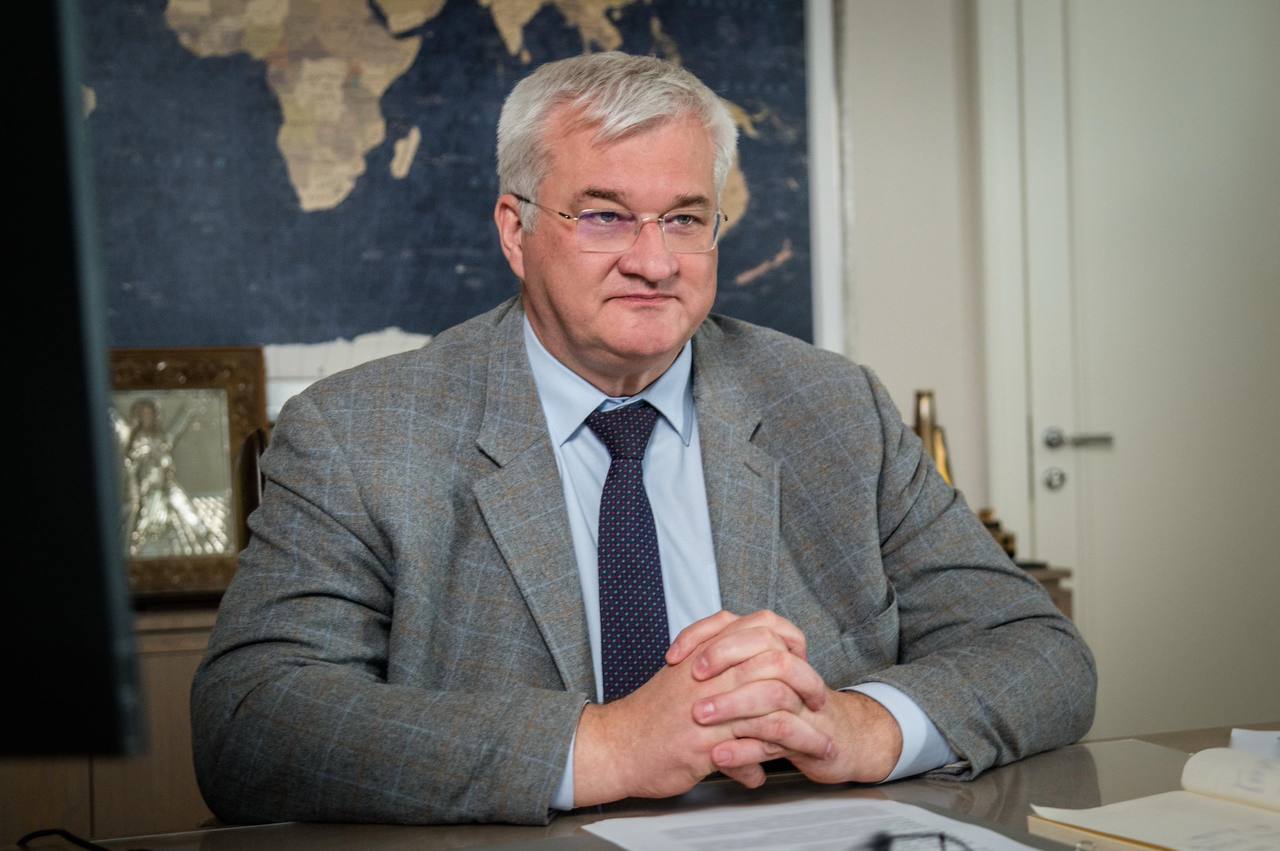
Foreign Minister Andrii Sybiha said Ukraine and its allies discussed tougher sanctions against Russia's banking sector, central bank, and energy industry.

Polish truckers plan to restrict freight traffic at the Yahodyn-Dorohusk checkpoint on the Ukrainian border, Ukraine's State Border Guard said on May 12.
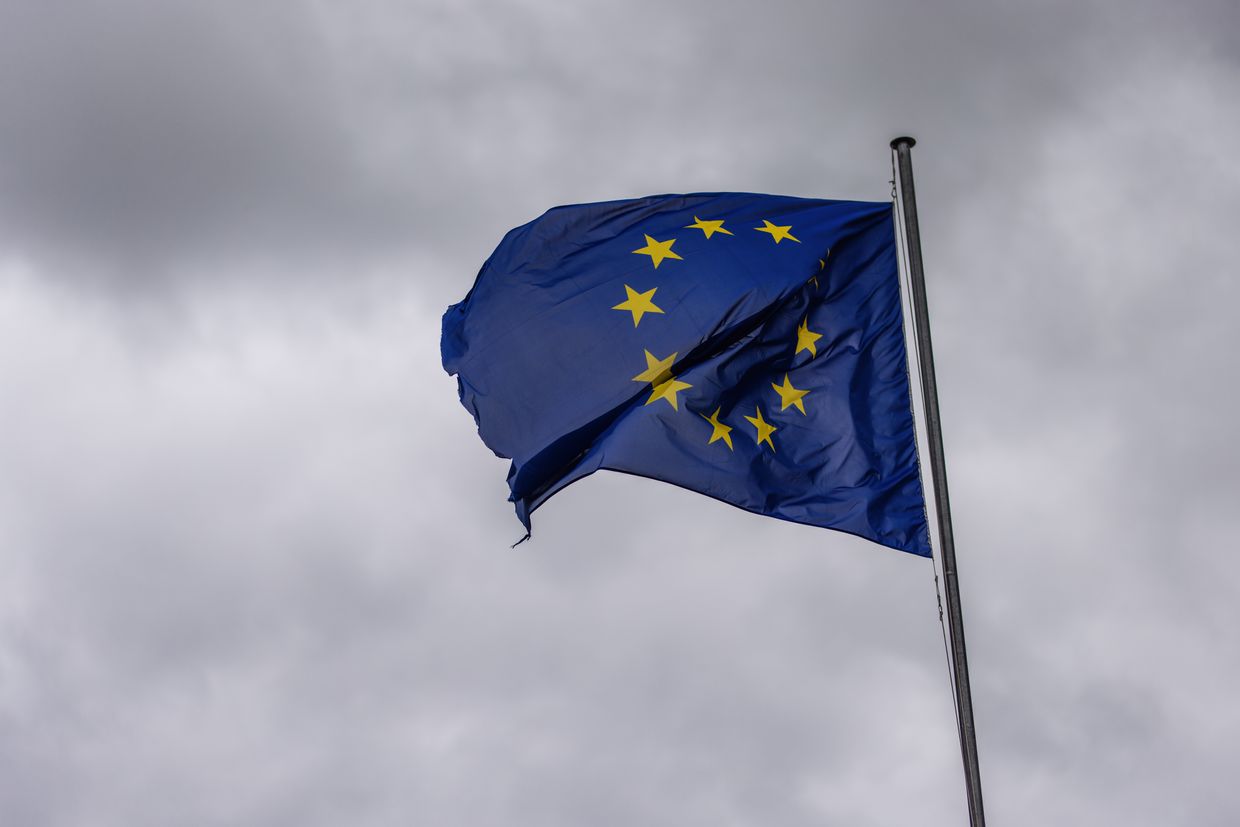
The EU plans to unveil on May 14 its next package of sanctions imposed against Russia over its aggression against Ukraine, an EU official told the Kyiv Independent on condition of anonymity.

The sanctioned oil tankers have transported over $24 billion in cargo since 2024, according to Downing Street. The U.K. has now sanctioned more shadow fleet vessels than any other country.
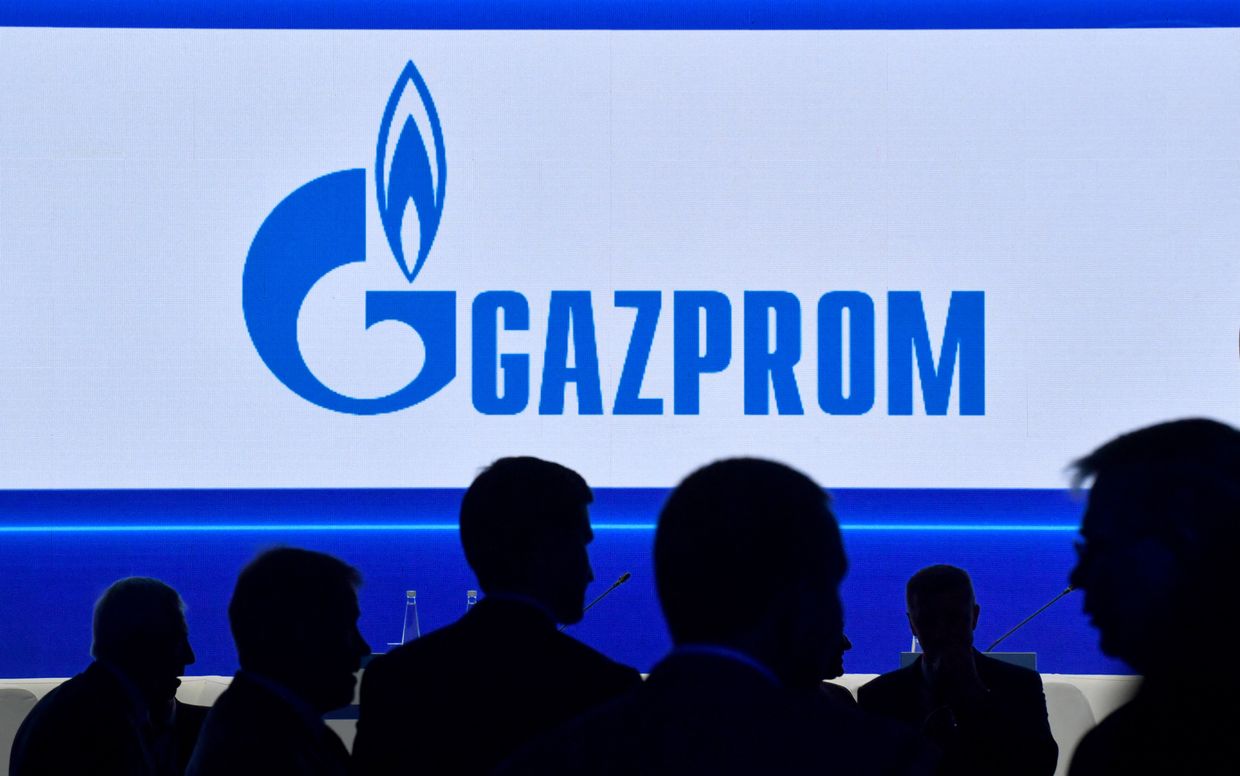
Washington’s involvement may also help mitigate political opposition in Europe, while giving the U.S. strategic visibility over future Russian energy flows, sources told Reuters.
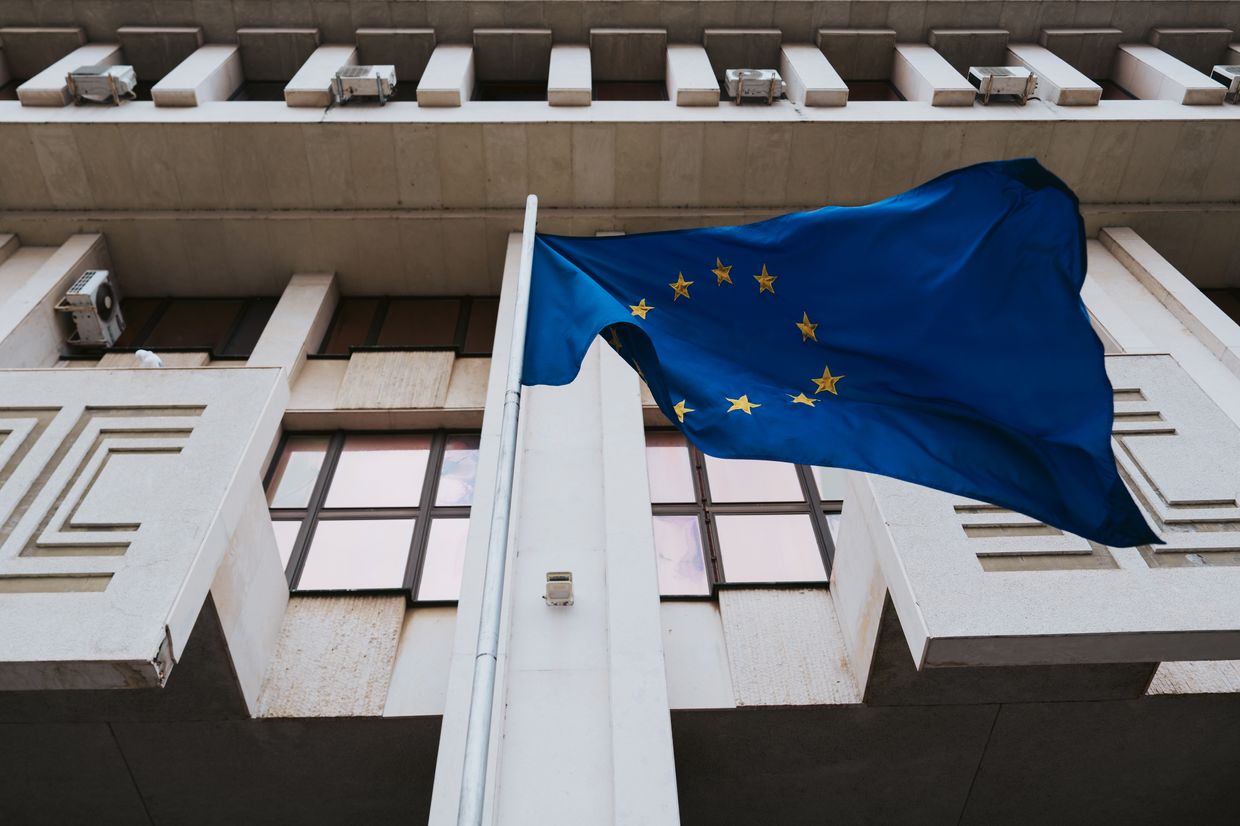
This is the fourth such tranche from the bloc, which is secured by proceeds from frozen Russian assets.

If Ukraine’s military resistance to Russia’s full-scale invasion stunned the world, its economic resilience in the face of a larger, better-equipped enemy is a lesser-known story of the war. A combination of rapid state expansion, prudent monetary policy, active civil society in Ukraine, and crucial external funding from
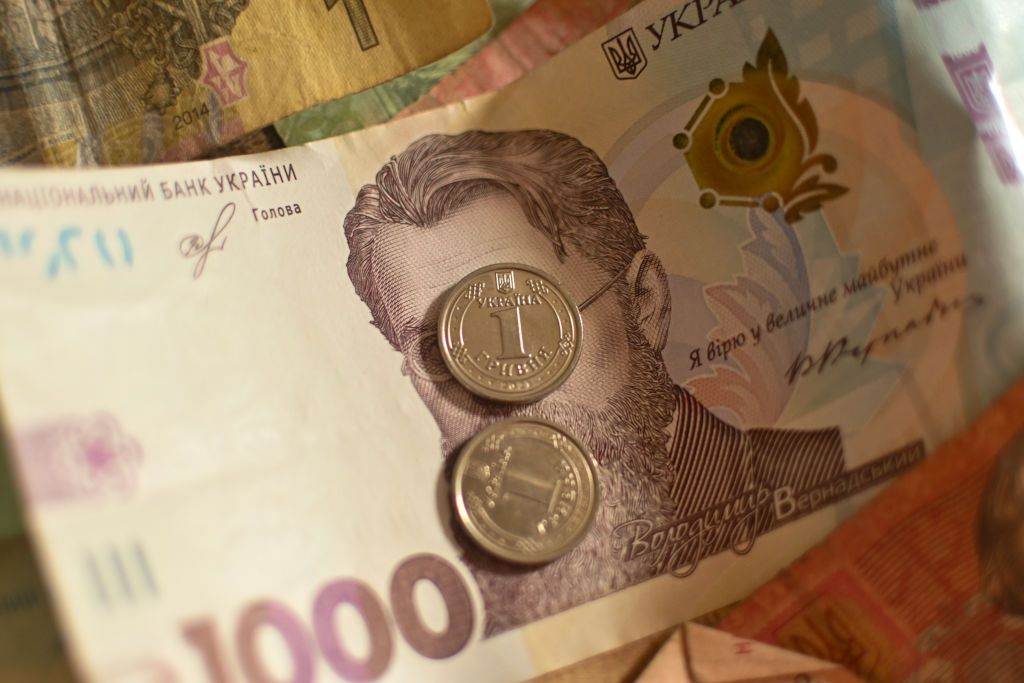
Ukraine is considering moving away from the U.S. dollar and closer to the euro as a benchmark for the hryvnia, National Bank Governor Andrii Pyshnyi told Reuters.

Editor’s note: This is issue 24 of Ukrainian lawmaker Yaroslav Zhelezniak’s weekly "Ukraine Reforms Tracker" covering events from April 28–May 4, 2025. The digest highlights steps taken in the Ukrainian parliament related to business, economics, and international financial programs. The Kyiv Independent is republishing with permission. Benchmarks
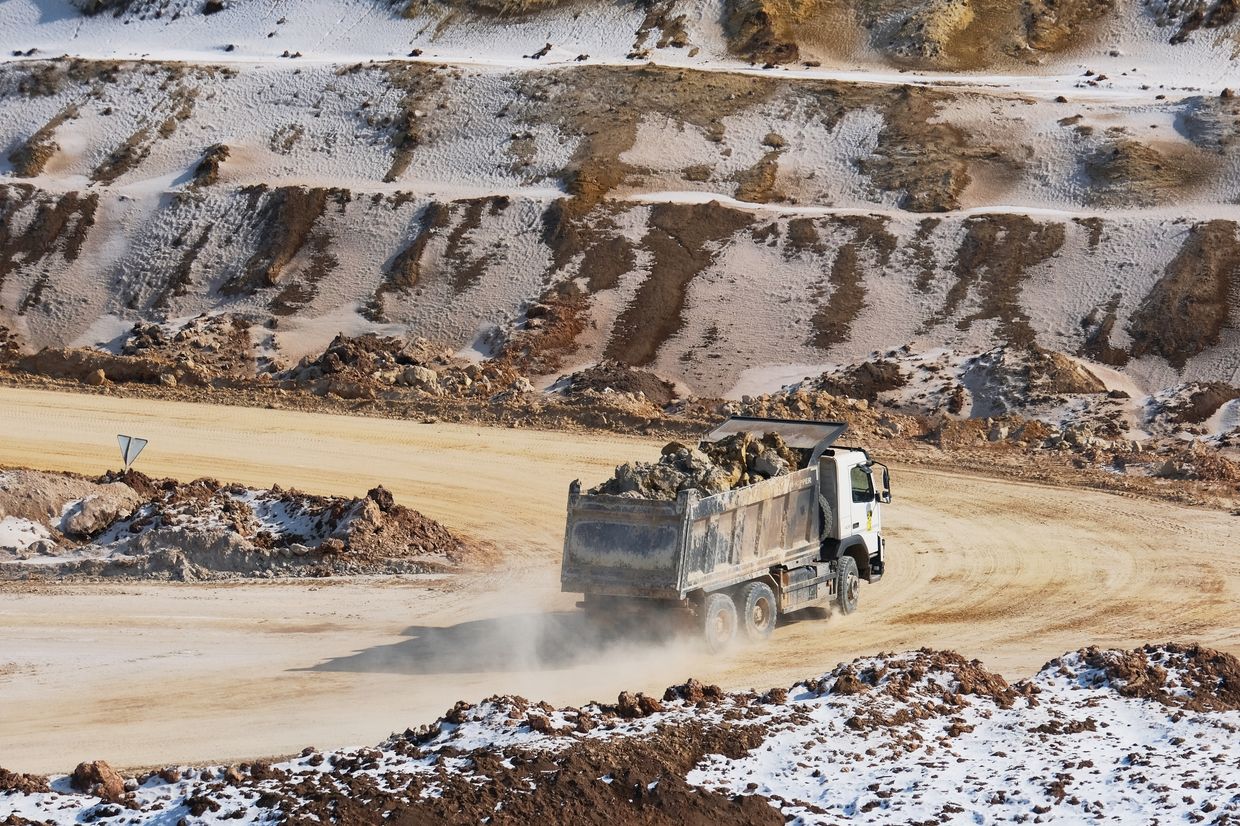
The following is the May 6, 2025 edition of our Ukraine Business Roundup weekly newsletter. To get the biggest news in business and tech from Ukraine directly in your inbox, subscribe here. As I’m sure you saw, the U.S. and Ukraine finally signed the minerals agreement after months
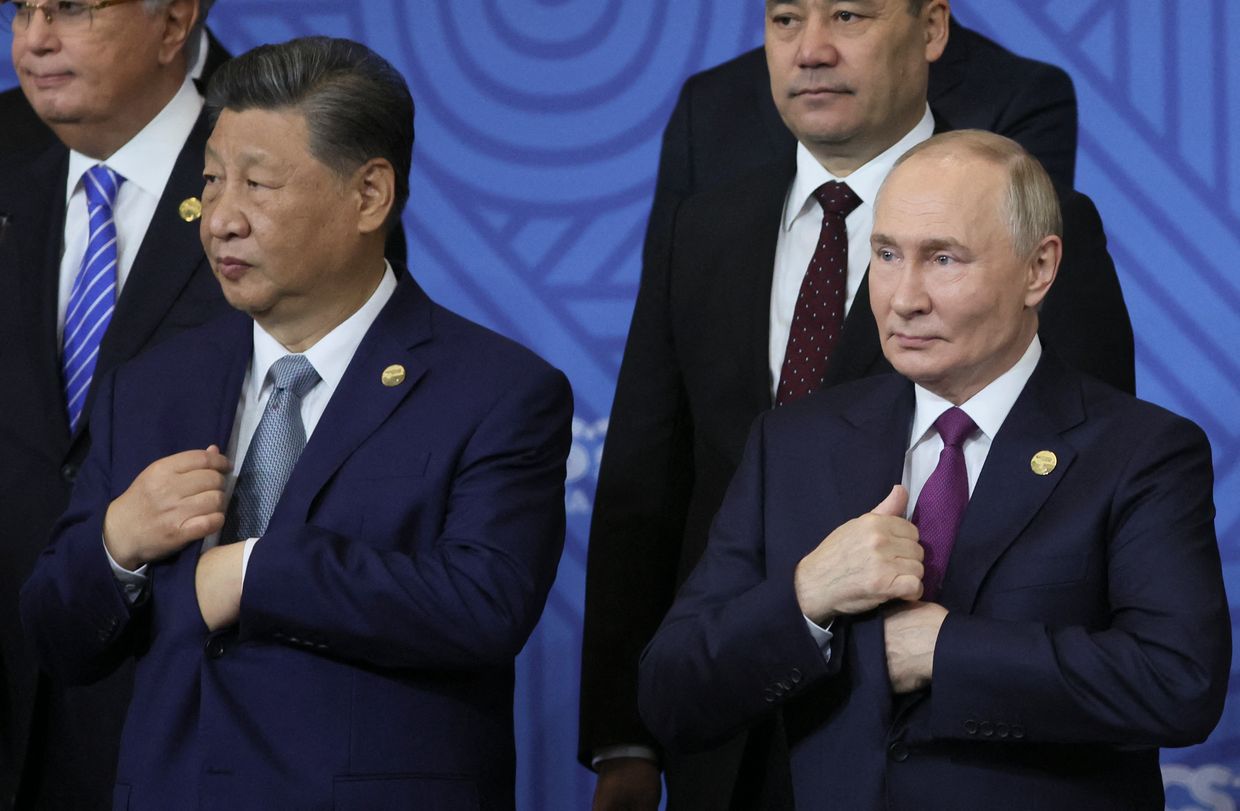
Construction of the pipeline was scheduled to begin in 2024, but has been plagued with construction issues and diplomatic tussles.

BRUSSELS — After years of reducing its reliance on Russian gas, the European Union is moving to turn off the taps completely within the next two years. The European Commission (EC) on May 6 presented a detailed roadmap to fully sever the European Union’s energy dependence on Russia by 2027.
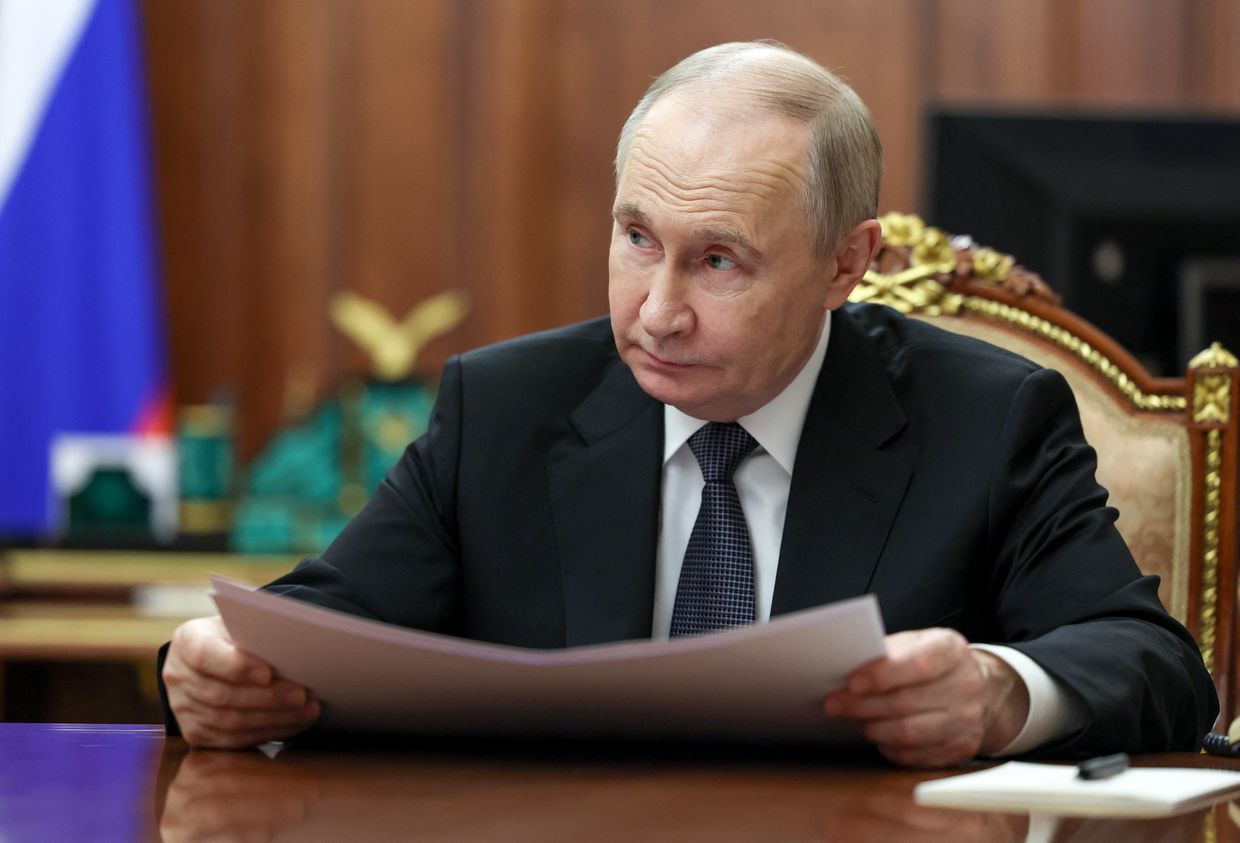
Trump said that Russia has grown more willing to negotiate an end to its war against Ukraine following a sharp decline in oil prices.
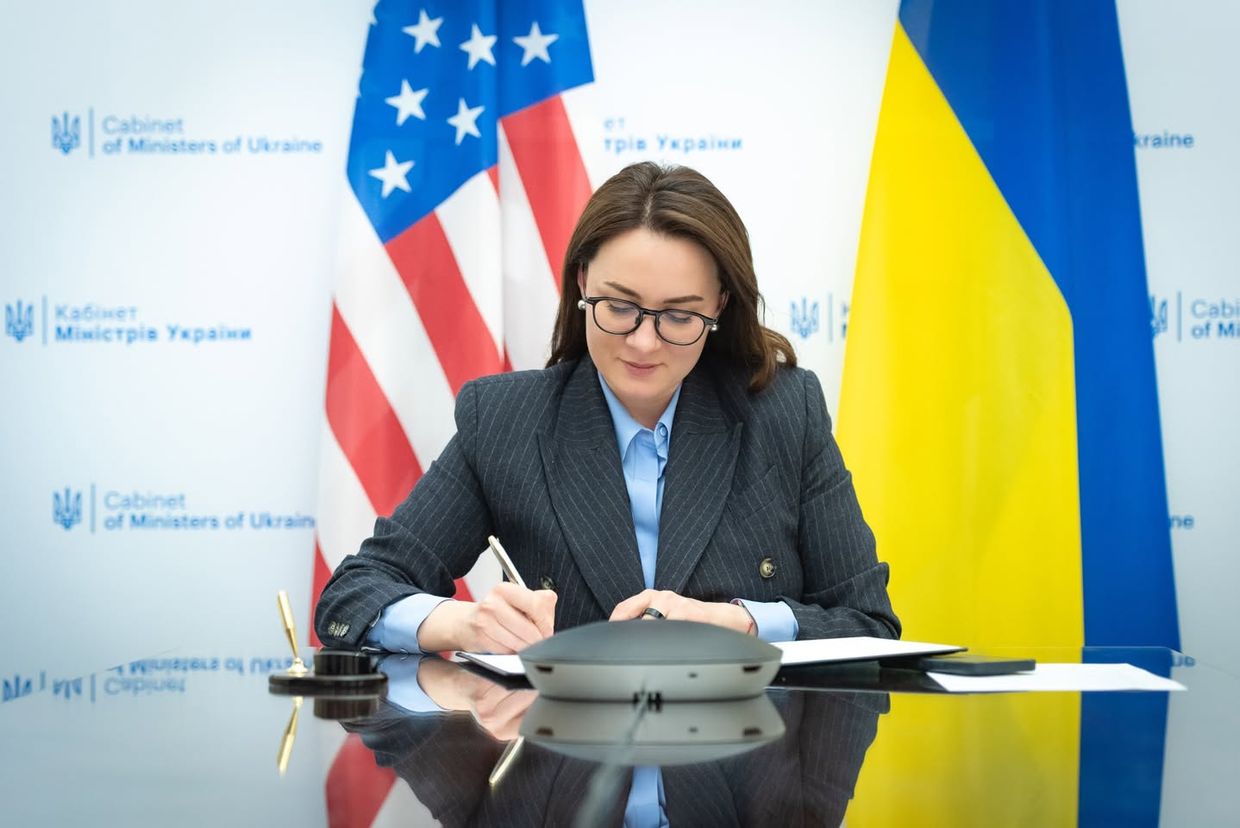
MPs will be able to ask questions and learn more about the details of the agreement in meetings with Economy Minister Yulia Svyrydenko May 6-7, MP Serhii Sobolev told the news outlet Suspilne. The ratification vote is scheduled for May 8.
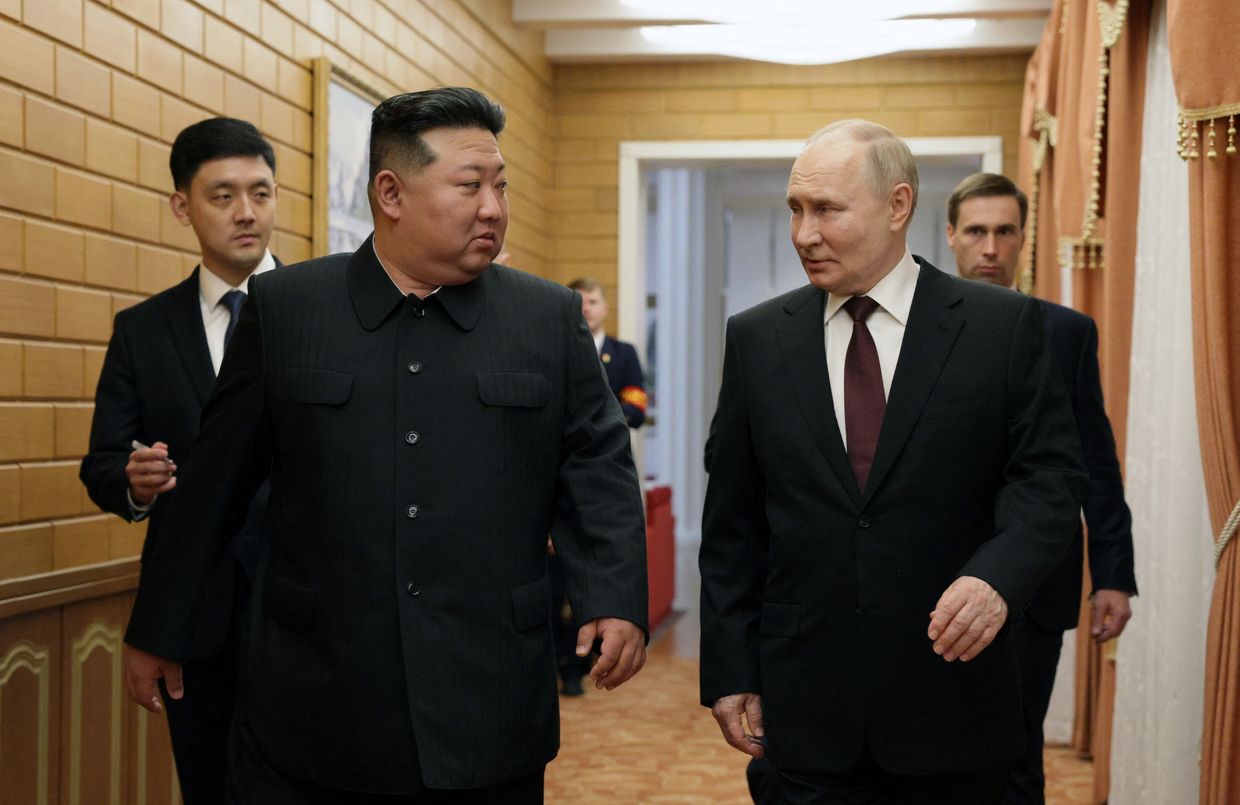
The move represents an apparent violation of United Nations Security Council resolutions passed in the wake of North Korea's intercontinental ballistic missile (ICBM) tests.
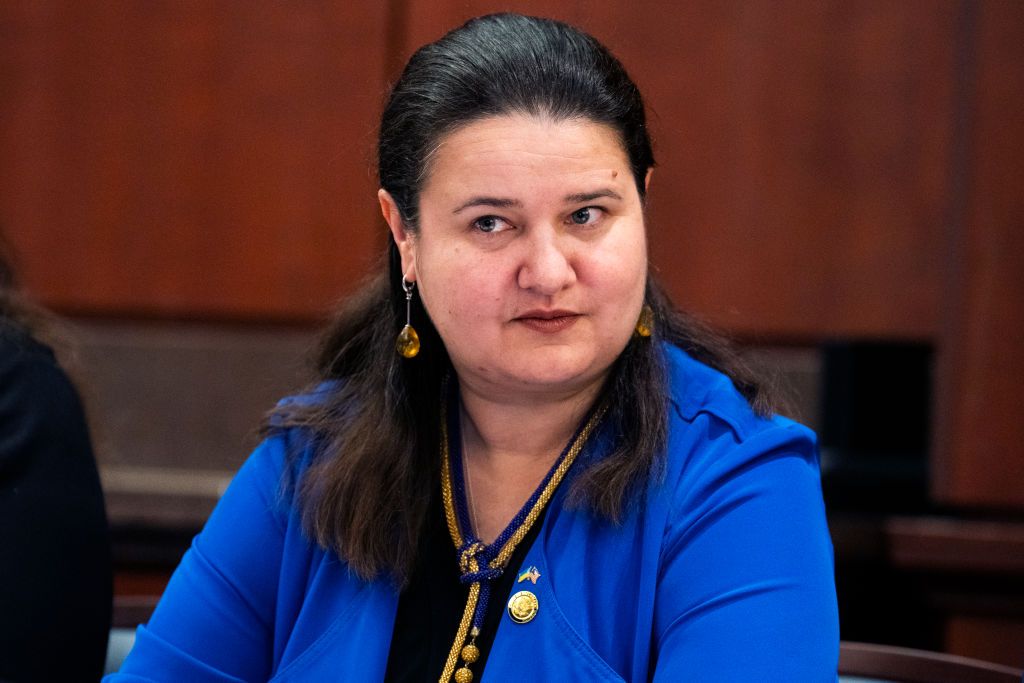
"So this economic partnership deal in itself is a very important part of the broader security... architecture... frankly, that fund will be successful if Ukraine is stable and peaceful. So in a way, it's an important part of... future security guarantees," Ukraine's ambassador to the U.S., Oksana Markarova, said.
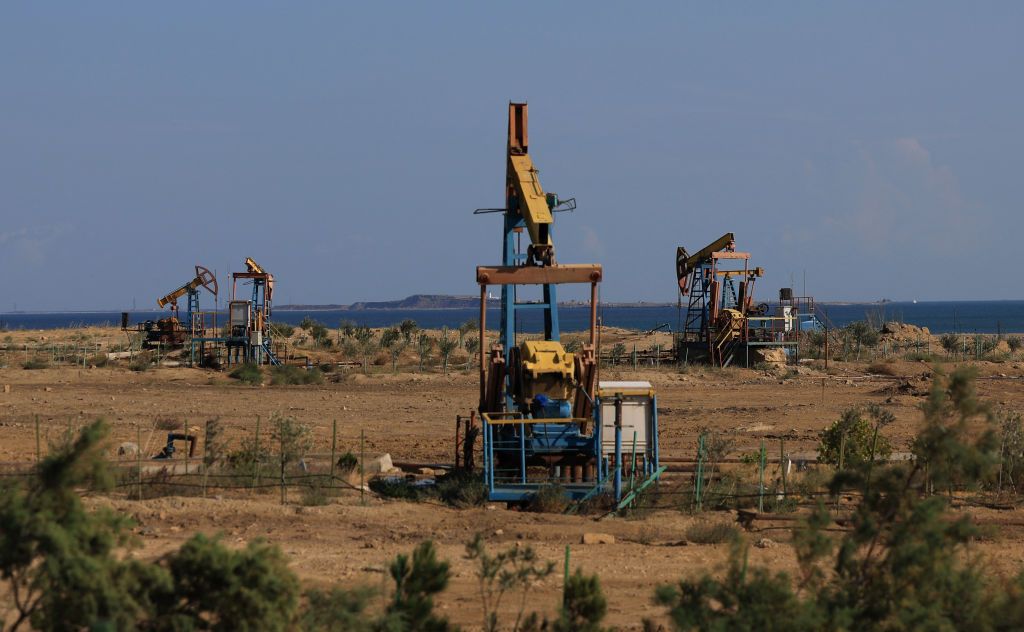
OPEC+, which includes Russia, agreed to a large oil production hike in June, Reuters reported on May 4, citing five unnamed sources.

The French-made precision bombs are being transferred to Kyiv as part of ongoing defense support, and their use by Ukrainian fighter jets has grown significantly since the start of Russia’s full-scale invasion.

"This export decrease follows typical seasonal patterns. The majority of harvested produce has already been exported, with only minor volumes remaining for export," the Ukrainian Agribusiness Club said.
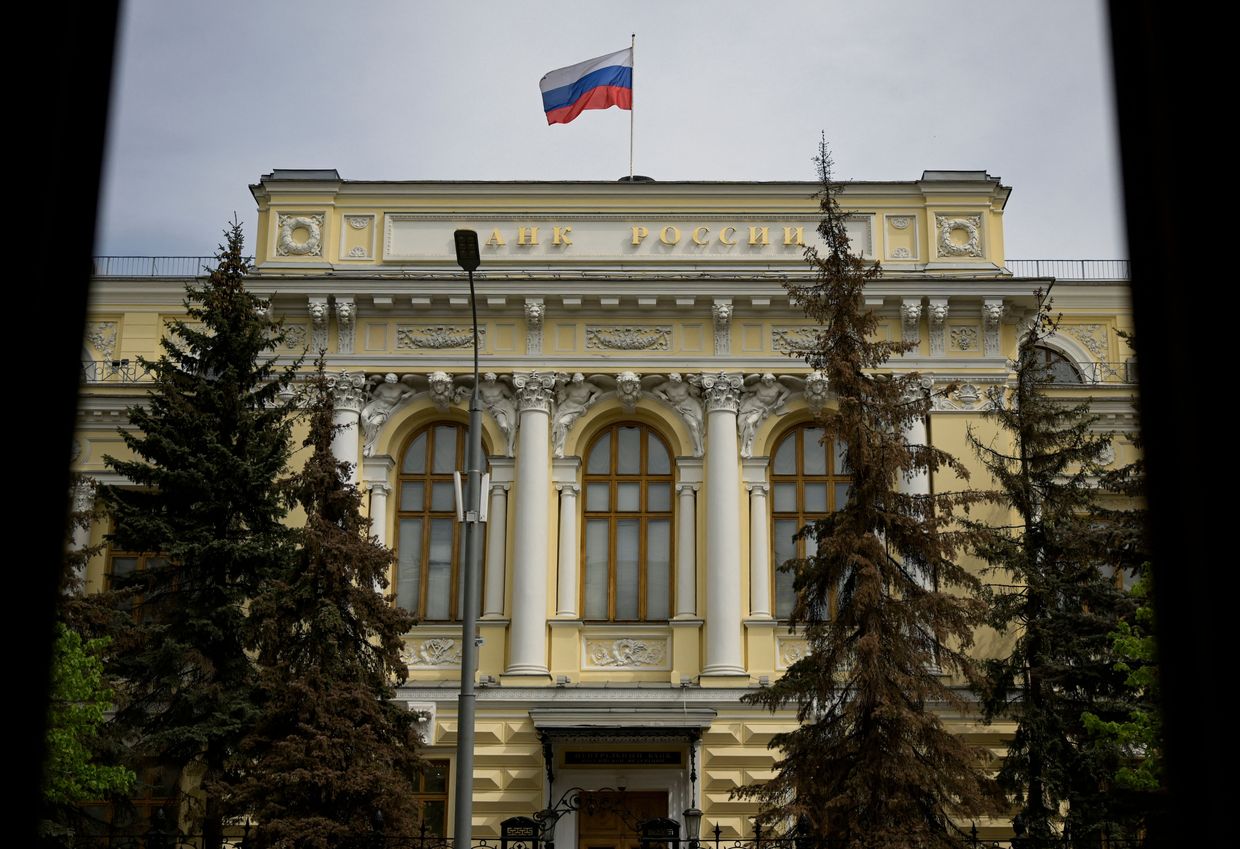
The payout, drawn from a pool of 10 billion euros ($11.3 billion) in cash frozen under EU sanctions since Russia's full-scale invasion of Ukraine, comes in response to Russia's confiscation of billions in Western-held assets over the past year.

Update: Browse the briefing presentation here. KI Insights subscribers can also access the recording. As Ukraine anticipates post-war reconstruction, a new wave of privatizations, regulatory reforms, and foreign investment opportunities is reshaping the country's economic landscape. From energy and infrastructure to retail and agriculture, Ukraine is opening up key sectors

Ukraine's largest state-owned defense company Ukroboronprom reported a consolidated net profit of Hr 1.31 billion ($31.5 million) for the previous year, according to a press release at the company's website.
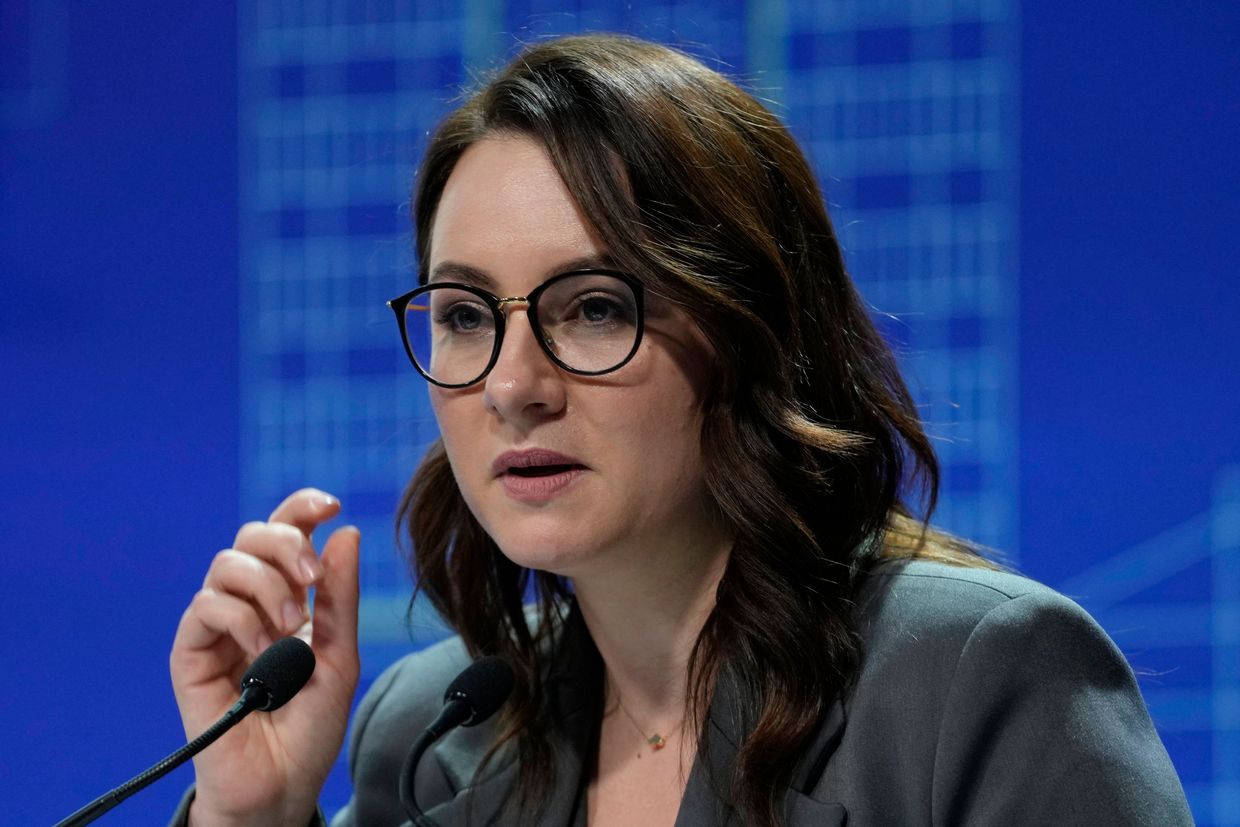
"Our task is to do this as soon as possible, but it is very difficult to predict it now. I think it will take months, definitely not years," First Deputy Prime Minister Yulia Svyrydenko said.
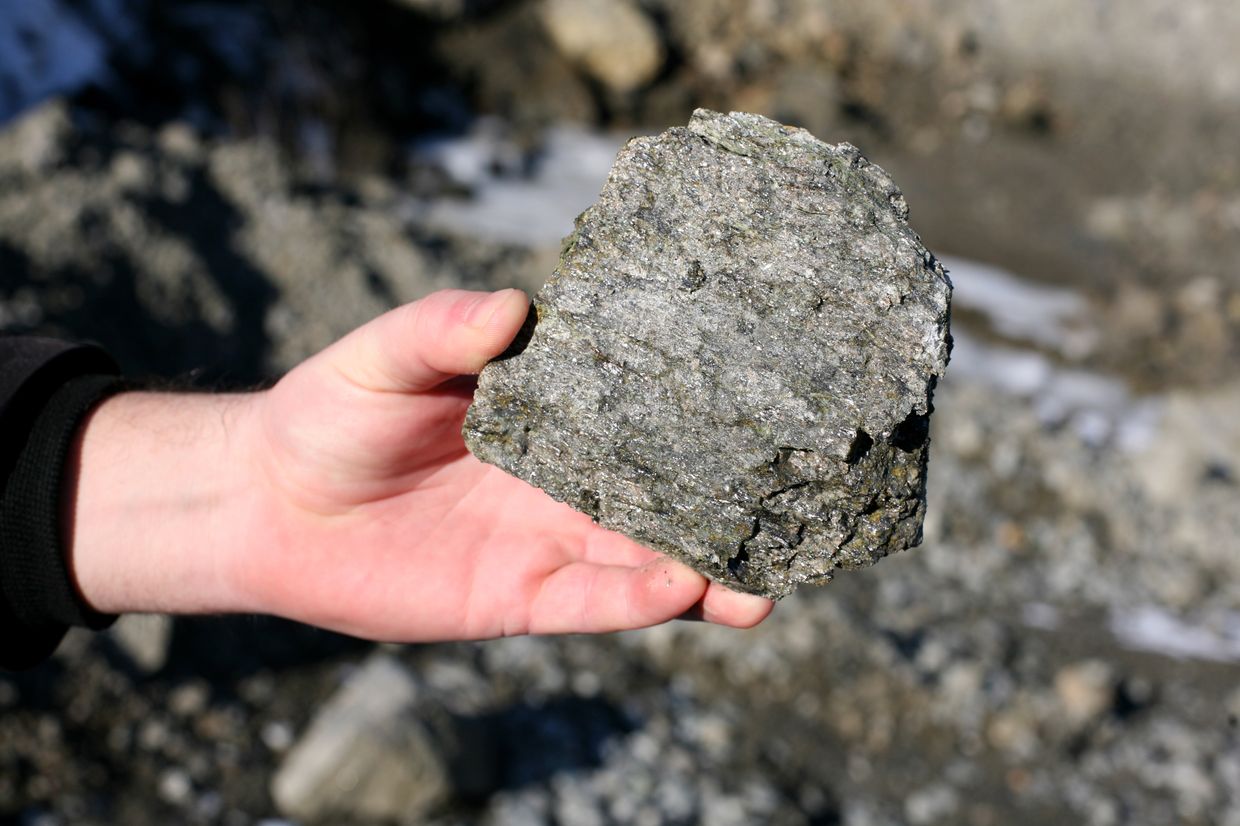
Despite the uncertainty, Ukrainian officials have touted the deal as a political milestone that could help revive U.S. support under Donald Trump.
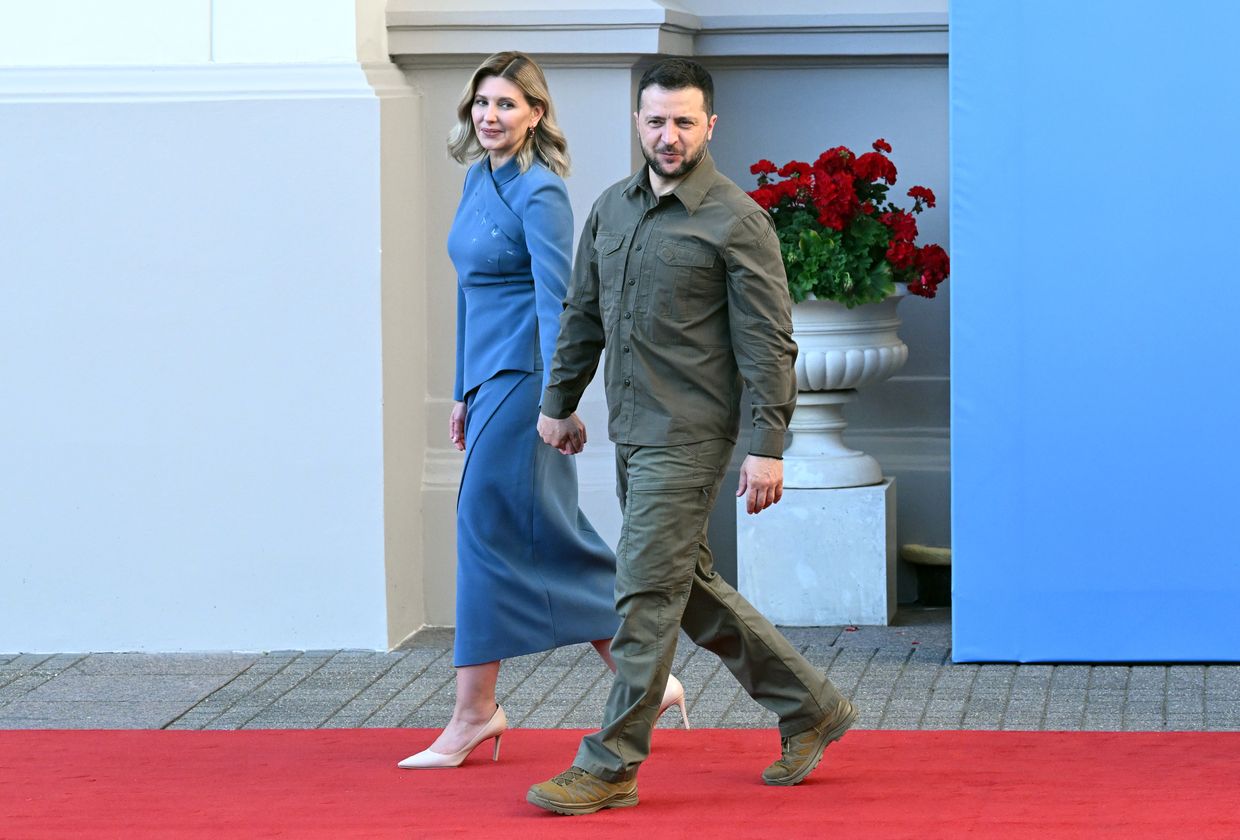
Luxury watches, a collection of 20th century military uniforms, and a very expensive piano — these are just a few of the intriguing things revealed in the mandatory annual declaration of financial assets submitted by Ukrainian MPs last month. The transparency system was established after the 2014 EuroMaidan Revolution in light
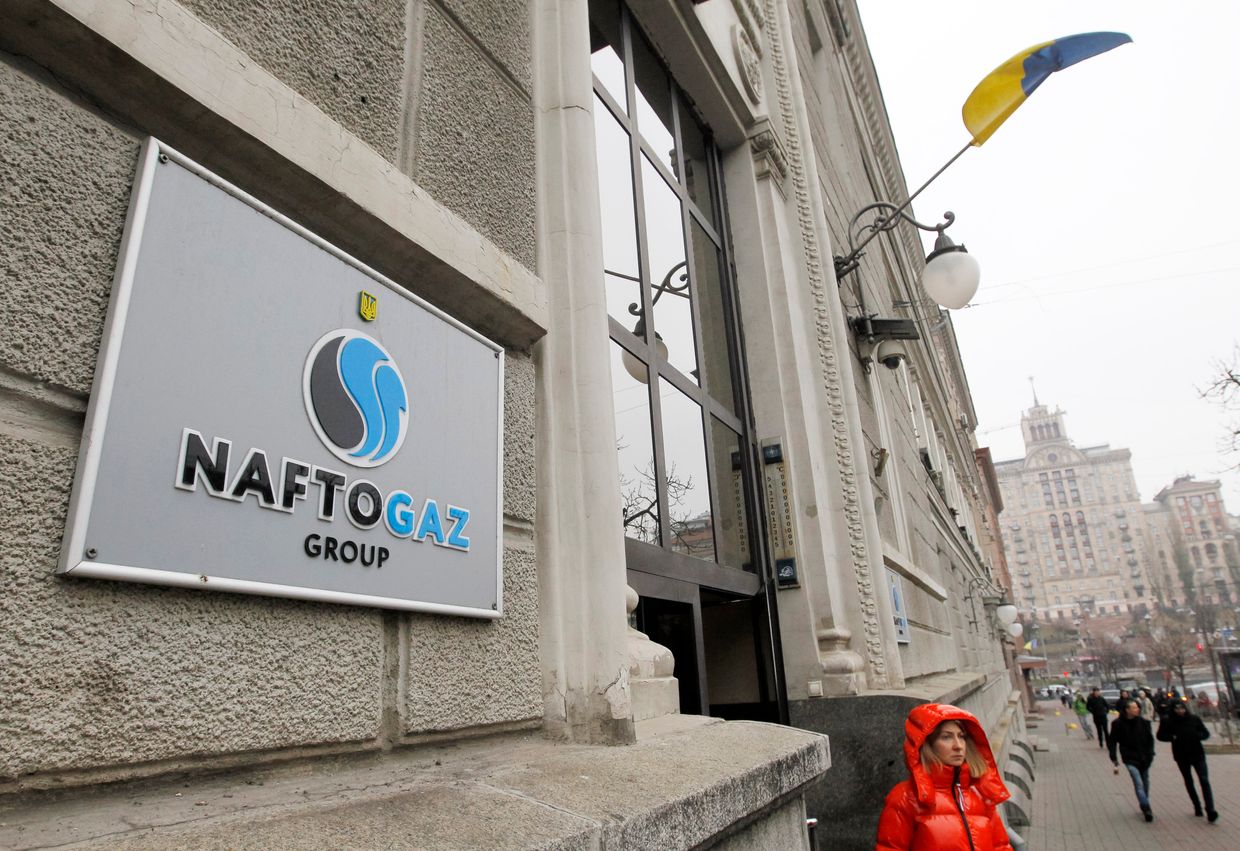
Naftogaz Group, Ukraine's state-owned oil and gas giant, reported a net profit of Hr 38 billion ($913 million) for 2024, marking a 64% increase from the previous year, the company announced on May 1.
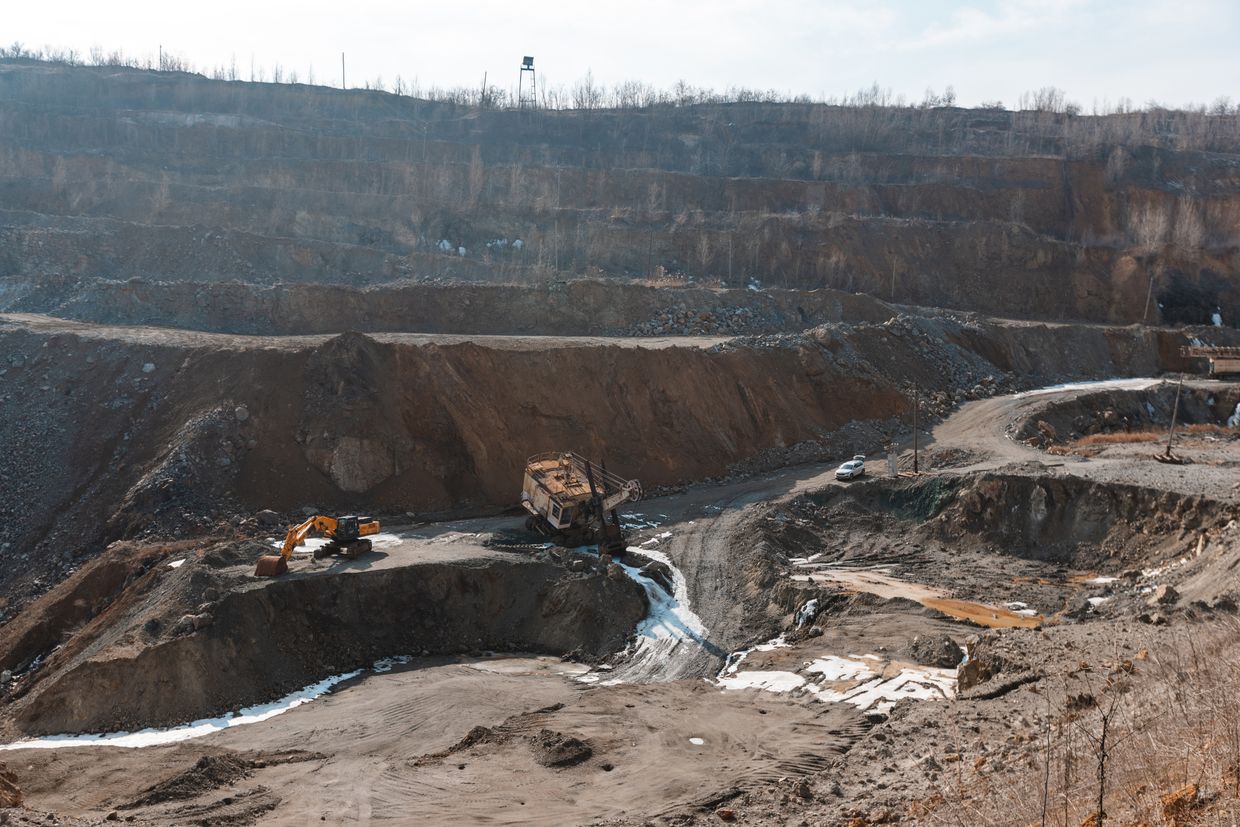
The signing of a long-awaited minerals deal between the U.S. and Ukraine has come after months of tense negotiations as Kyiv worked on resetting its tumultuous relationship with U.S. President Donald Trump. The key deal, inked on April 30, creates an investment fund and grants the U.S.

Update: Browse the briefing presentation here. KI Insights subscribers can also access the recording. What can Ukraine and its allies expect from Donald Trump's next 100 days? Will diplomacy prevail—or should Kyiv prepare for new shocks? What are the key takeaways, and what should diplomats, humanitarians, and businesses anticipate
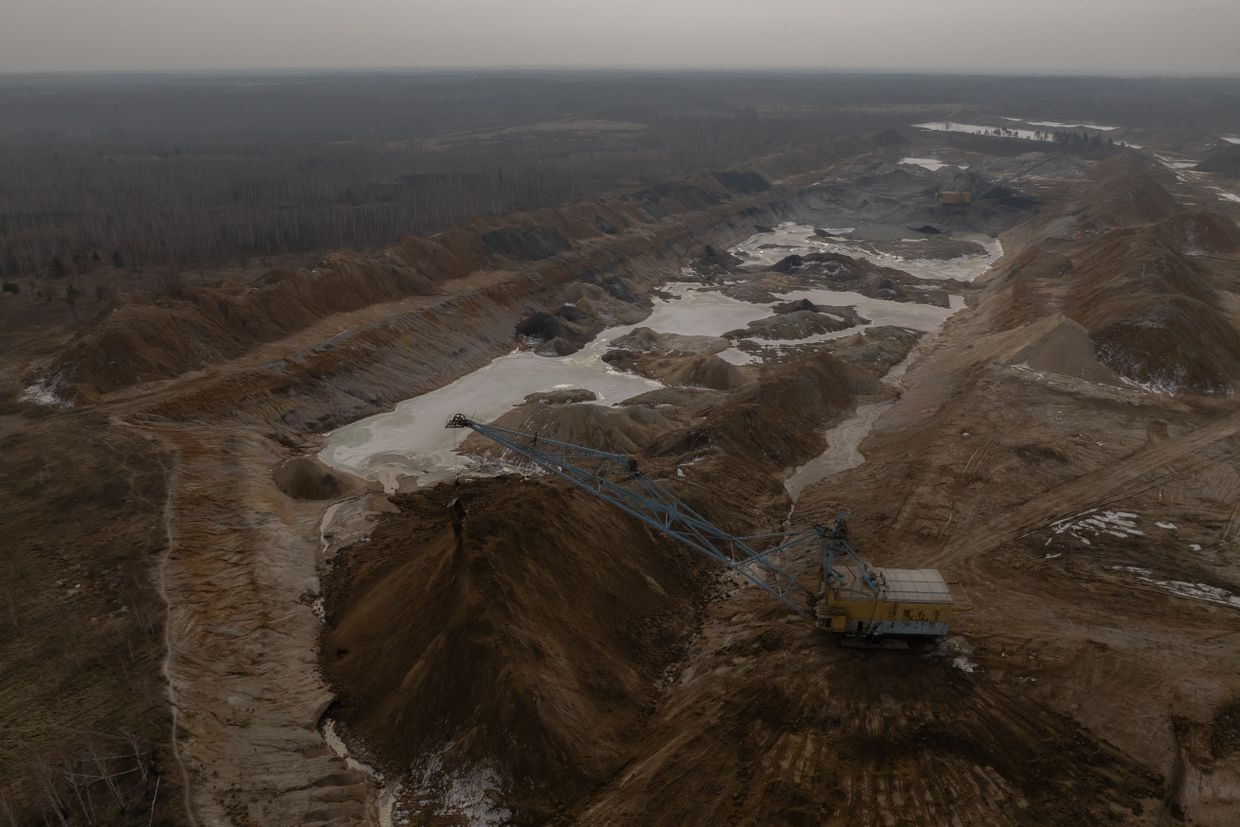
The U.S. and Ukraine signed the long-awaited minerals agreement on April 30, paving the way for further American support of Kyiv through a joint investment fund that will contribute to Ukraine’s reconstruction. The deal comes after months of sometimes fraught negotiations, including an Oval Office shouting match between

U.S. officials framed the agreement as a sign of lasting support for Ukraine, and it comes amid an apparent resetting of relations between Presidents Donald Trump and Volodymyr Zelensky.
The Kyiv Independent’s Business Desk covers the biggest news in business, economics, and tech from Ukraine, as well as global developments that shape the economy of the region.



